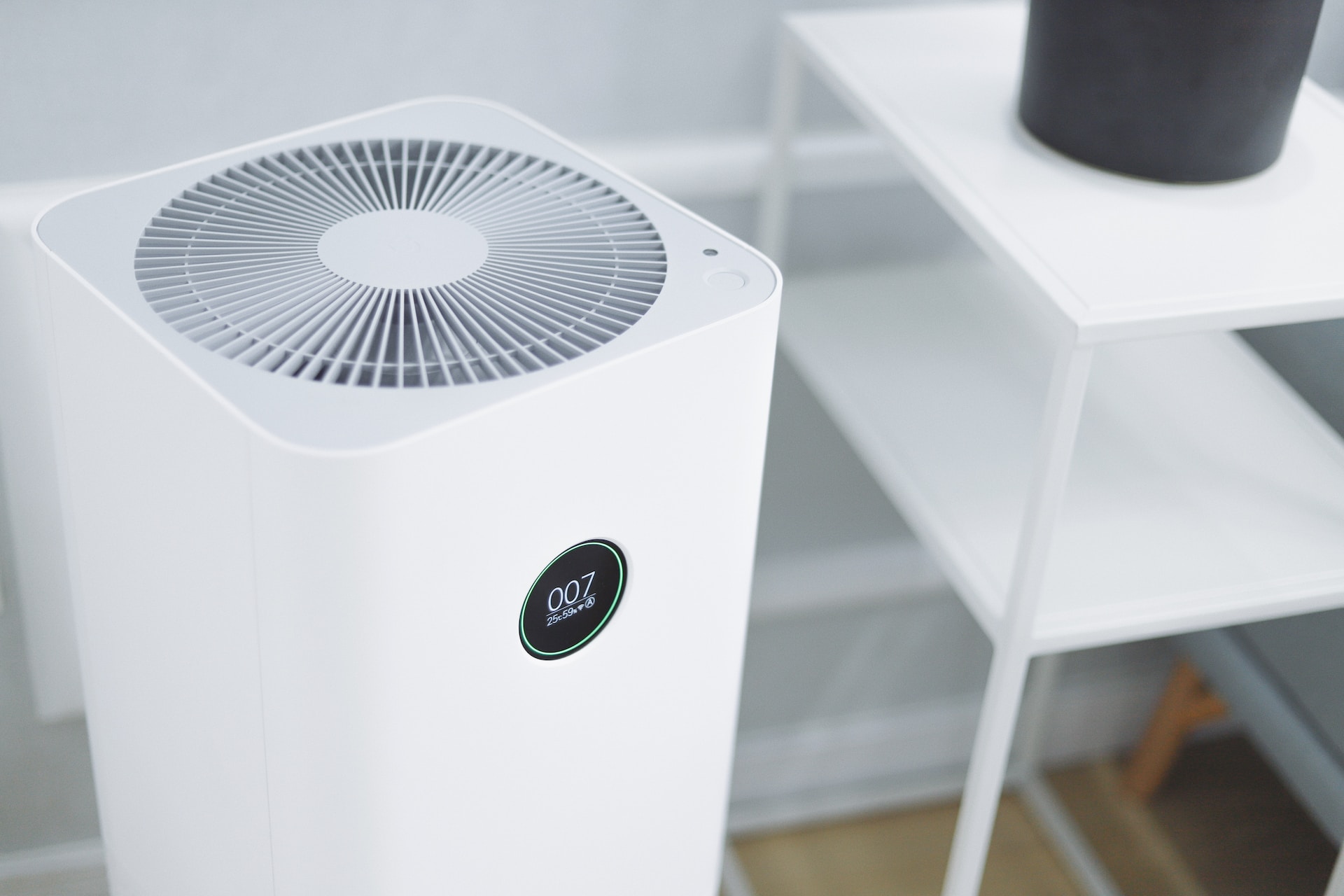
HVAC engineers design heating, ventilation and air-conditioning systems for cars, schools, homes, office buildings, shopping centres, and space shuttles. They also fabricate and install mechanical equipment and perform tests to ensure quality and safety. You can contact HVAC contractors if you feel your AC equipment is failing and/or broken.
Design
HVAC mechanical engineers use computer-aided design software to create blueprints for builders to follow during system installation. They also conduct performance evaluations and consult with building inspectors prior to the installation process. They must be able to read and understand schematics and have excellent math and physics skills.
They can upgrade existing systems to reduce energy costs and improve efficiency. This may include replacing equipment with more efficient models or changing the type of fuel used. For example, a room that contains a large amount of running computers might need a specialized HVAC system to avoid overheating and ruining the equipment.
Installation
During the installation process, an HVAC engineer works in concert with installers and construction contractors to make sure local building codes and product specifications are met. The engineer may also visit the work site to ensure compliance and to answer questions.
Depending on the needs of each client, an engineer might also design a specialized system for particular rooms within a building. For example, an office that uses a lot of computers will need a special cooling system so the machines do not overheat and break down.
Maintenance
A HVAC engineer is responsible for the creation and installation of heating, ventilating, air conditioning and refrigeration systems. These professionals consult with clients to understand their climate control needs, create blueprints and cost estimates, and ensure that products installed are both energy efficient and meet Department of Energy standards. They may also pay site visits to work with contractors and construction managers to answer questions.
In addition to designing new systems, HVAC engineers are responsible for maintaining and repairing existing ones. This can involve troubleshooting problems, cleaning ducts, and other maintenance activities. They also test manufactured equipment to ensure that it meets industry standards.
Troubleshooting
HVAC engineers have to figure out why a system doesn’t function properly. This requires troubleshooting skills and a high level of emotional intelligence. Customers can be difficult to work with, especially when they are impatient and frustrated. This is why it is important to have a good relationship with each customer and communicate effectively.
In this field, a person needs to be familiar with all types of heating, ventilation and air conditioning systems. It is also important to be able to create and read blueprints as well as provide cost estimates for clients. A career in this field often involves working on projects that are both commercial and residential in nature.